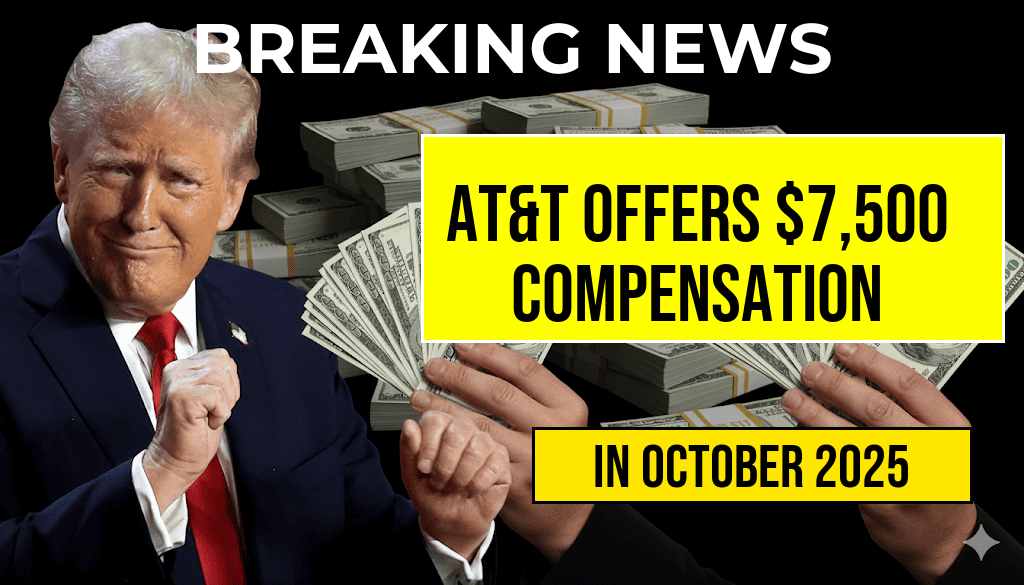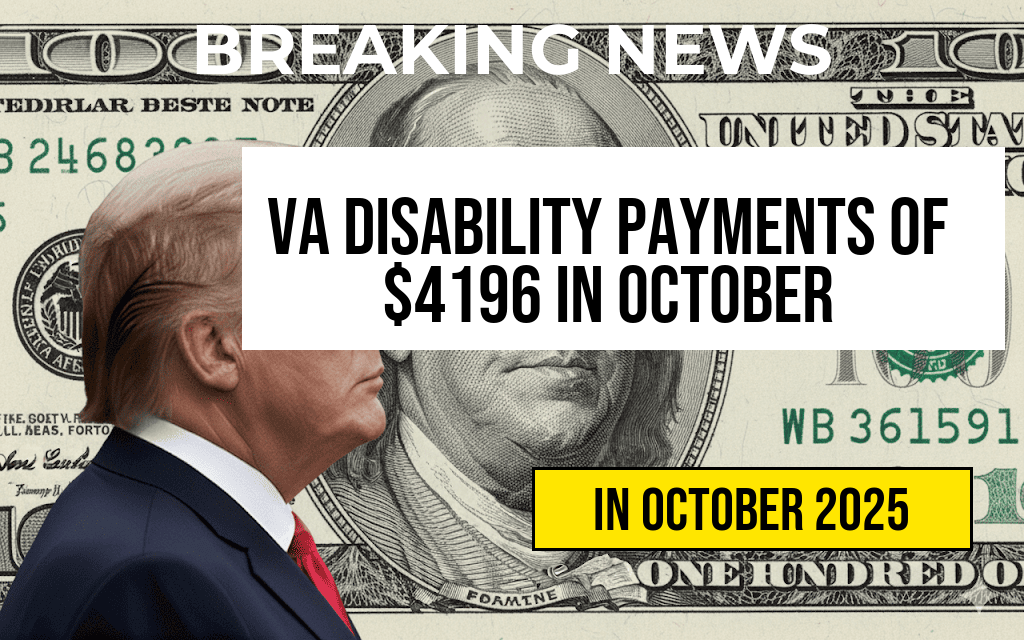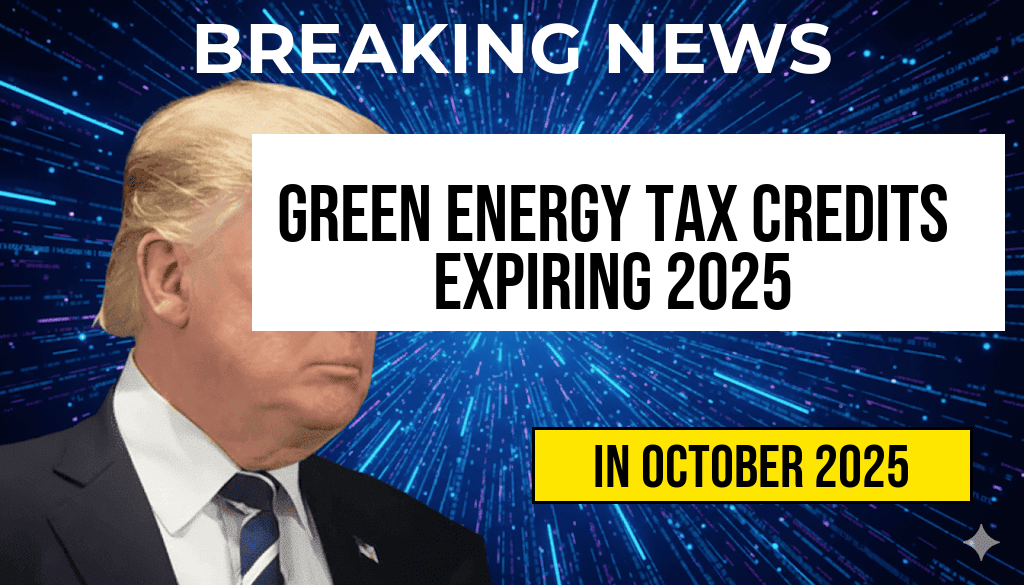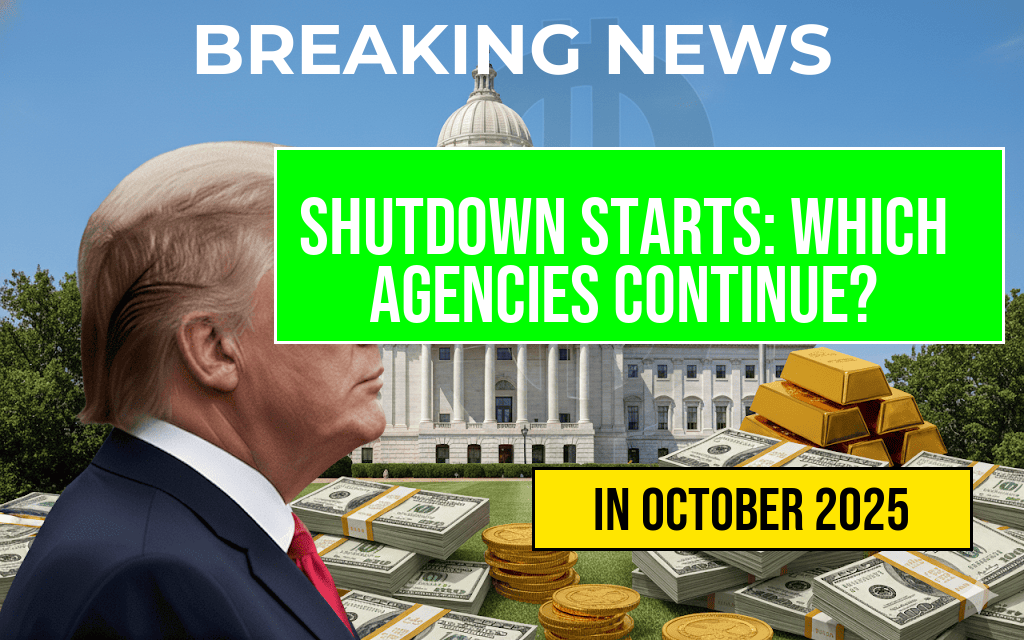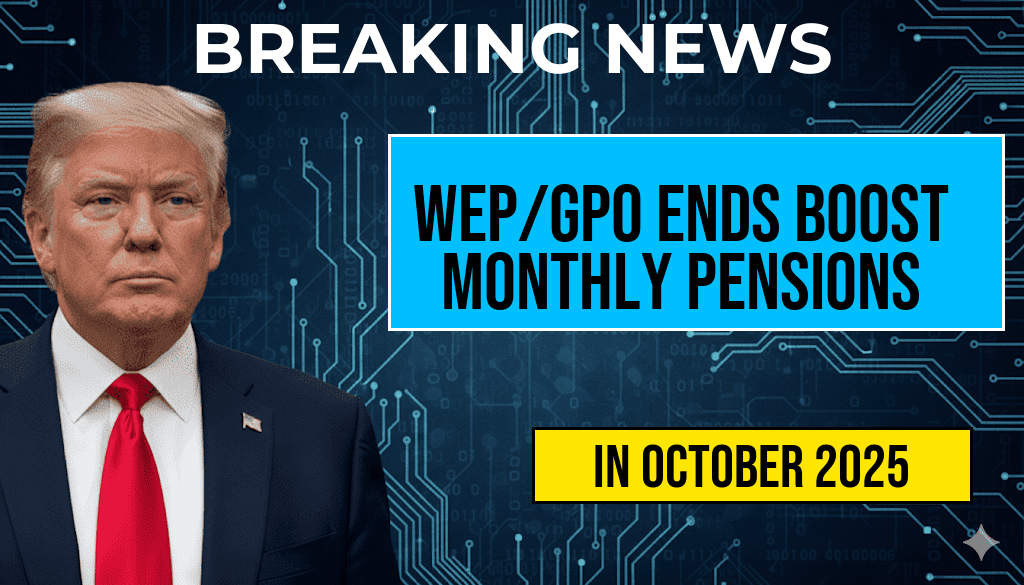As the federal government prepares to sunset several green energy tax credits in 2025, homeowners across the United States face a shifting landscape for renewable energy incentives. These credits, which have significantly reduced the upfront costs of installing solar panels, energy-efficient windows, and electric vehicle chargers, are slated to expire or be reduced unless Congress enacts new legislation. This impending change has prompted many homeowners to evaluate their options for upgrading their properties before the credits diminish, potentially unlocking substantial savings. Understanding the specifics of these tax incentives, the timeline of their expiration, and alternative strategies can help homeowners make informed decisions in the coming months.
The Current State of Green Energy Tax Credits
Overview of Existing Incentives
The Investment Tax Credit (ITC) has been a cornerstone of the U.S. government’s push to promote renewable energy. Since its expansion in recent years, the ITC has provided homeowners with a 26% federal tax credit for installing solar photovoltaic systems, reducing the net cost of solar energy projects significantly. Similarly, the Residential Energy Efficiency Property Credit supports investments in energy-efficient appliances and systems, such as heat pumps and solar water heaters.
Moreover, specific credits are available for electric vehicle (EV) chargers and energy storage solutions, encouraging broader adoption of sustainable technologies at the residential level. The Wikipedia page on the ITC offers a detailed history and current status of these incentives.
Expiration Timeline and Legislative Outlook
Most of these credits are scheduled to expire or be phased out by the end of 2025. The solar ITC, for instance, is set to decline from 26% to 22% in 2023, and then to 0% for residential projects after 2024 unless extended by Congress. The energy efficiency credits and EV charger incentives face similar expiration dates, creating a potential rush for homeowners eager to capitalize on current benefits.
| Tax Credit | Current Rate | Expiration Date | Notes |
|---|---|---|---|
| Investment Tax Credit (Solar) | 26% | Dec 31, 2024 | Reduced to 22% in 2023; zero after 2024 without extension |
| Energy Efficiency Credits | Varies | Dec 31, 2025 | Includes HVAC, windows, insulation, etc. |
| Electric Vehicle Charger Credit | Up to 30% of installation costs | Dec 31, 2025 | Subject to income and vehicle eligibility |
Implications for Homeowners Planning Upgrades
Timing Is Critical
Homeowners contemplating installation of solar panels or energy-efficient upgrades should consider completing their projects before the credits expire. Delaying beyond 2024 could mean losing access to significant federal financial incentives, resulting in higher out-of-pocket costs. Industry analysts suggest that demand for renewable upgrades is already increasing as homeowners seek to lock in current benefits.
Financial Impact of Expiration
For a typical residential solar installation costing around $20,000, the 26% ITC reduces the tax liability by approximately $5,200. Once the credit drops to zero after 2024, homeowners will need to absorb the full cost unless state or local incentives are available. Similarly, rebates for energy-efficient appliances and EV chargers could be affected, further influencing the decision-making process.
Considering Alternative Incentives
Many states and local governments offer additional rebates and tax credits that can complement federal incentives. Programs vary widely by region, with some offering cash rebates, property tax exemptions, or reduced permitting fees. Homeowners should consult resources such as the Database of State Incentives for Renewables & Efficiency to identify opportunities in their area.
Strategies for Homeowners Moving Forward
Evaluate and Plan Projects Early
- Assess current energy needs and determine the scope of upgrades
- Consult with licensed contractors to get detailed quotes and timelines
- Prioritize projects that can be completed before the credits expire
Explore Financing Options
- Look into solar loans, leasing options, or power purchase agreements (PPAs) that may provide immediate savings without upfront costs
- Investigate local and state incentives that could further reduce project expenses
Stay Informed on Legislative Developments
Congress periodically extends or modifies green energy incentives, so keeping abreast of policy changes is essential. Homeowners can subscribe to updates from organizations such as the Solar Energy Industries Association or consult trusted financial advisors for tailored advice.
The Broader Context of Sustainable Homeownership
The expiration of federal tax credits underscores the importance of strategic planning in adopting clean energy solutions. As technology costs continue to decline and climate considerations gain prominence, homeowners who act now may benefit from both immediate savings and long-term energy resilience. Policymakers are also under pressure to extend or enhance incentives, recognizing their role in meeting national sustainability goals.
For more information on renewable energy incentives and to evaluate your options, visit Energy.gov’s homeowner guide or consult with licensed renewable energy professionals.
Frequently Asked Questions
What are the green energy tax credits available to homeowners?
The green energy tax credits are government incentives designed to encourage homeowners to install renewable energy systems, such as solar panels, wind turbines, and energy-efficient windows. These credits can significantly reduce the overall cost of implementing sustainable upgrades to your home.
When do the green energy tax credits expire?
The current green energy tax credits are set to expire at the end of 2025. After this date, homeowners may no longer be eligible for these federal incentives unless new legislation extends or modifies them.
How can I maximize my benefits before the tax credits expire?
To maximize your benefits, consider completing your green energy upgrades before the 2025 deadline. Consulting with a qualified installer and tax professional can help ensure you claim all eligible credits and take advantage of current incentives.
Are there state or local green energy incentives available?
Yes, in addition to federal tax credits, many states and local governments offer their own incentives for renewable energy projects. Checking with your state or local energy offices can help you identify additional savings opportunities.
What should homeowners do if they miss the 2025 deadline?
If you miss the 2025 deadline, you’ll need to explore other financing options or wait for potential future legislation that might extend or replace current green energy incentives. Staying informed through government updates and consulting with energy professionals can help you plan your next steps.

